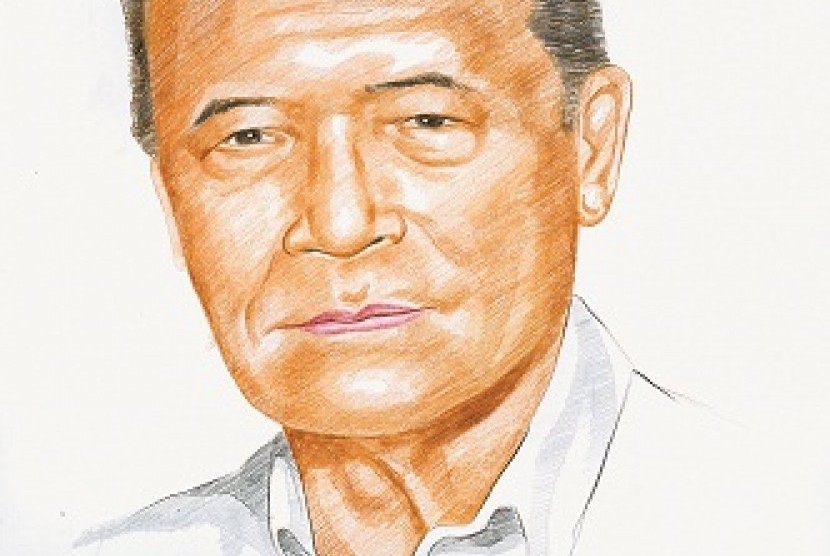By Ahmad Syafii Maarif
During the 7th panel discussion sponsored by an institution, Cordova Initiatives, led by Imam Feisal Abdul Rauf in Kuala Lumpur, March 16-18, 2012, Dr Kamel Jedidi, Colombia University’s business professor, USA, was one of the person invited to give inputs for this project.
The objectives of this project were to bridge Western and Islam relationships based on depth and comprehensive academic studies, especially post September 11 2011 tragedy. Imam Feisal named this project Sharia Index Project (SIP).
This essay will not talk about the ideas developed throughout SIP conference held for seventh times, but more as a short note about Tunisia post revolution of January 14, 2012. Professor Jedidi was a Tunisian who had double nationalities: Tunisia and United States.
When I asked him about his view on Tunisia’s future post revolution after Awakening Party (al-Nahdhah) won the election in October 2011, Jedidi quite optimist about Tunisia’s future. Because, the winning party was not Islamic moderate party nor extremist Salafi group who has its own righteousness parameter and not willing to listen others point of view.
But what concerned Jedidi was the fact that this party has never had any experience on governing a country during modern era. This was completely different to Turkey -for example- under Prime Minister Recep Tayyip Erdogan who had been chosen as Istanbul Mayor, an important state bureaucracy experience to a person on building political system in 21st century with Islamic mission.
As we know, Awakening Party has won 90 out of 217 seats in Tunisia’s Constituent Assembly (CA) on October 23, 2011. Although it didn’t win absolute, this 90 number was a remarkable achievement to Awakening Partywhich was banned during President Ben Ali’s period. As the highest voters in CA, Awakening Party’s influence was surely counted to other parties, whether the secular, Salafi or another small parties.
Because of its limited winning position, Awakening Party opened itself to form coalition with other parties, including Congress party led by Moncef Marzouki, a human rights activist doctor who has been years away in France facing Ben Ali, the dictator. The similar fate also endured by Rachid Ghannouchi, Awakening Party’s figure, who lived years in exile in Britain.
Marzouki and Ghannouchi are now on the top of Tunisia’s post revolution position: president and Awakening Party leader. Ghannouchi until this second is still out of authority structure, although this year’s Time weekly has chosen him as one of 100 most influential world leaders.
The question is, will Tunisia be glorious on building its country fairly after a tyrant tree symbolized by Ben Ali was uprooted? The answer to this central question was the one that drained the energy of Tunisia’s new leader. In the new constitution, women rights have been well guaranteed, but president’s religion “shall be Islam”, a normal provision.
President Marzouki represents center left-secular wing in Tunisia’s current political coalition. There is still another secular power within Tunisia’s people who are still suspicious towards Awakening Party’s hidden agenda, if one day this party will win the election in absolution. It seems, this ideology fight will continue to the near future.
Here is Awakening Party’s biggest challenge with its thick Islamic mission in a secular country as a legacy from President Habib Bourguiba and Ben Ali. The high rate of unemployment and the declining of foreign tourists coming to Tunisia were some of big problems which have to be overcome by the new leader with 10.732.900 people of population. Even Professor Jedidi was optimist about Tunisia’s future, the lack of experience of the new leaders still become serious problem ahead to this Muslim country.
(Indira Amaranti)


